
Michael Kovrig Reflects on Captivity in China: A Grueling Ordeal of Solitary Confinement and Psychological Torment
Three years after his release from captivity in China, former Canadian diplomat Michael Kovrig opened up about the harrowing experience he endured during his nearly three-year imprisonment. In his first public interview with CBC’s Adrienne Arsenault, Kovrig shared the physical and psychological toll of his detainment by Chinese authorities, recounting a brutal regime of isolation, relentless interrogation, and the profound emotional challenges he faced.
A Sudden Arrest
Kovrig’s ordeal began in December 2018, when he was arrested in what is widely seen as retaliation for Canada’s arrest of Huawei executive Meng Wanzhou. At the request of U.S. authorities, Meng was detained in Vancouver on charges related to violating sanctions on Iran. While Meng spent her time under house arrest in her Vancouver mansion, Kovrig was subjected to harsh and unforgiving conditions.
“It was … absolutely the most gruelling, painful thing I’ve ever been through,” Kovrig said, describing how he was blindfolded, forcibly taken to a secret detention facility, and held in a tiny, windowless cell. He recalled being pulled away from his partner, who was six months pregnant at the time, after a dinner in Beijing. A group of “men in black” grabbed his phone, handcuffed him, and forced him into an SUV, where he was driven to an unknown location.
“I looked back at my partner, and we made eye contact for a split second,” Kovrig recounted. “I didn’t know when I would ever see her again.”
Solitary Confinement and Relentless Interrogation
Upon arrival at the detention center, Kovrig faced intense interrogations, often lasting up to nine hours a day, as Chinese officials accused him of endangering national security. For nearly six months, he was held in solitary confinement in a small, padded cell with no windows.
“I overestimated the Chinese Communist Party’s reasonableness, and I underestimated their ruthlessness,” he said. Kovrig described the physical stress he endured, including being restrained in a chair for extended periods. The limited food rations caused him to lose 10 kilograms within the first month.
“Being constantly hungry was part of the punishment,” he shared.
Despite international guidelines stating that solitary confinement should not exceed 15 consecutive days, Kovrig’s experience stretched into months, leaving him isolated and vulnerable. He relied on mental fortitude to survive the mental torment, reminding himself that he was neither a criminal nor a hostage, but rather “a monk in a cell,” a student of the world, philosophy, and the Chinese language.
From Solitude to Shared Detention
After six months, Kovrig was transferred to a larger cell with a dozen other Chinese detainees, which he described as a transition from “hell to limbo.” This cell, though still restricted, had daylight filtering through small windows, giving Kovrig a glimmer of hope in an otherwise bleak situation. He found solace in books, including a Chinese dictionary, and spent time writing letters to his family, carefully crafting his words to avoid scrutiny by guards.
The letters, especially to his daughter—whom he had never met—helped him maintain a sense of connection to the outside world.
“The letters for my loved ones were like light coming through the cracks of the darkness,” he reflected.
The Case of Michael Spavor
Kovrig’s case was intertwined with that of fellow Canadian Michael Spavor, who was also arrested shortly after Meng’s detention. Spavor, a businessman running tours to North Korea, was sentenced to 11 years in prison on espionage charges. Though the two men were unaware of each other’s arrests initially, Kovrig was later questioned about his connection to Spavor, whom he regarded as a tour guide with no expert knowledge of China.
Kovrig was adamant that the interrogators had no substantial evidence to support their allegations.
Spavor’s case, which was condemned by the Canadian government, took a surprising turn when he alleged in 2024 that he had unwittingly shared sensitive information with Kovrig, which was then passed to Ottawa. Spavor’s lawsuit against the Canadian government was settled for $7 million, but Kovrig strongly denied the allegations.
“That really hurt,” Kovrig said, expressing his disappointment. “First of all, it’s not true. I’ve never been a spy of any kind.”
A Case of Hostage Diplomacy
Kovrig’s imprisonment ended in September 2021, coinciding with the release of Meng Wanzhou. He described his detention as an example of “hostage diplomacy” and emphasized that the Chinese government was willing to use innocent individuals as bargaining chips in international disputes.
“[Beijing] wanted hostages,” he said. “And if I hadn’t been there, it would have been someone else. One small comfort I take away from that is that probably I spared somebody else from that ordeal by going through it myself.”
Kovrig urged the Canadian government to be better prepared for future diplomatic tensions and to have a strategy in place when its actions might put citizens abroad at risk. He also called for a broader international effort to prevent authoritarian regimes from using detentions as leverage.
Reclaiming Life After Captivity
Despite the trauma he endured, Kovrig remains optimistic about his future and grateful for his release. He continues to reflect on his time in captivity and has become an advocate for greater awareness of the dangers posed by hostage diplomacy. Looking back, he is determined to move forward with his life, reconnecting with his family and picking up the pieces of the time he lost.
“Going through that made me stronger,” he concluded, “but it’s not something anyone should have to endure.”
- Madhes Province Holds Vast Development Potential: Prime Minister Oli
- Man Arrested for Using Forged Document to Exploit Community Forest in Achham
- Health Minister Paudel Highlights Nepal’s Progress and Challenges at UN Health Commission Session
- Nidhi Calls on Party Cadres to Strengthen Nepali Congress Organization
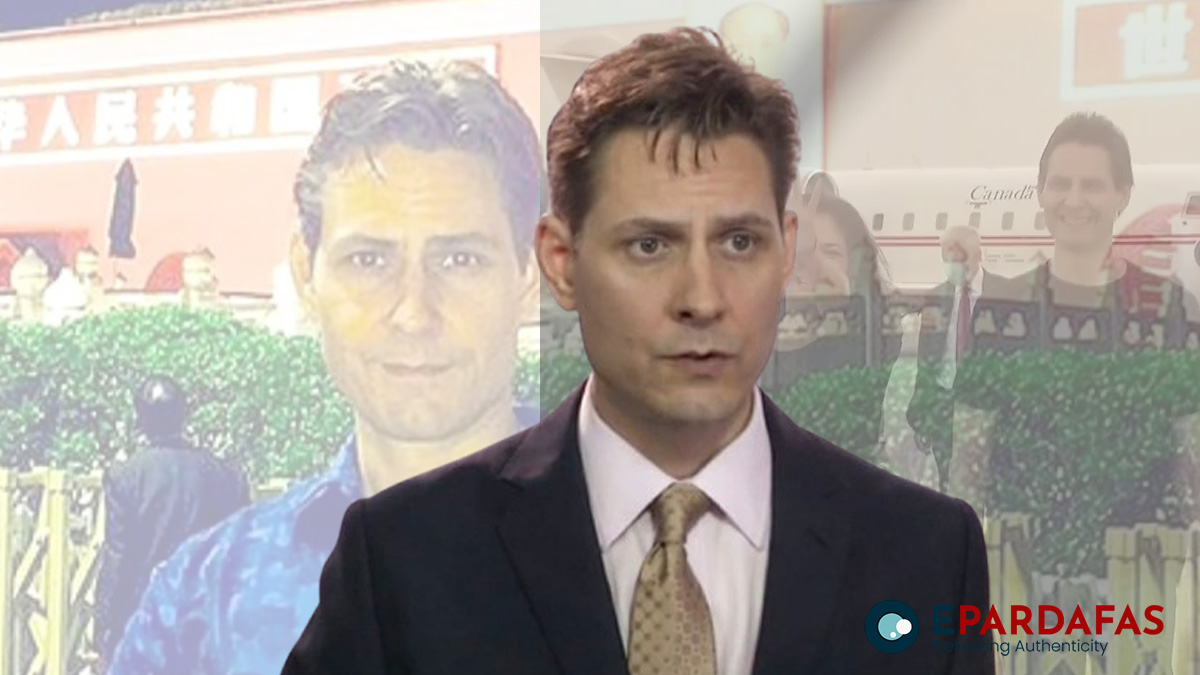
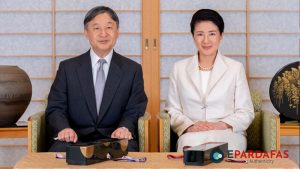
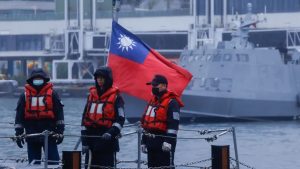

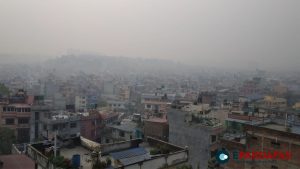
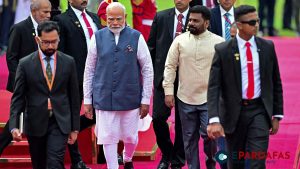
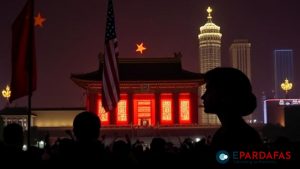



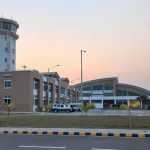


Comments